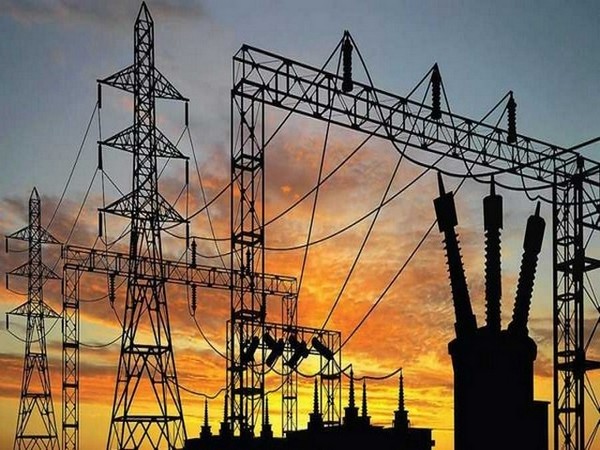Sweltering heat pushes India's power demand to fresh high
A considerable part of India has been experiencing severe heatwave, necessitating the need for air conditioners and coolers round the clock.

- Country:
- India
Power demand in India was on Thursday at its seasonal high at 237 gigawatts (GW), surpassing its previous record high of 234 GW seen earlier this week, data from the Ministry of Power showed. A considerable part of India has been experiencing severe heatwave, necessitating the need for air conditioners and coolers round the clock.
The government had expected a power demand of between 225-235 GW during May. In June, power demand is expected to be between 235-240 GW and 235 GW in the evening, and 240 GW during the daytime.
The extreme heatwave continues to push Delhi's power demand northwards. Delhi's peak power demand has been clocked the highest ever in the history of the national capital. Heatwave to severe heatwave conditions are most likely to continue over the plains of Northwest India and Heatwave conditions over Madhya Pradesh and Gujarat during the next five days, IMD said in its latest bulletin.
During the past one day, heat wave to severe heat wave conditions prevailed over most parts of West Rajasthan; and some parts of East Rajasthan. Heat wave conditions prevailed in isolated/some parts of Himachal Pradesh, Jammu division, Haryana, Gujarat, West Madhya Pradesh and Madhya Maharashtra. Heatwave conditions have been prevailing over the Gujarat region since May 15; Saurashtra and Kutch since May 16 and over Punjab, Haryana, Chandigarh-Delhi, Uttar Pradesh and Rajasthan since May 17, 2024.
Warm night conditions were observed in some parts of Punjab, Haryana, West Uttar Pradesh and West Rajasthan. Yesterday, the highest maximum temperature of 48 degrees Celcius was reported at Barmer (Rajasthan).
The heatwave is considered the maximum if the temperature of a place reaches at least 40 degrees Celsius or more for Plains and at least 30 degrees Celcius or more for Hilly regions. The government said it is taking all necessary steps to ensure that the electricity demand in the summer season is met. To ensure this, a series of meetings, emphasizing the need for ensuring Zero load shedding during the summer season was held.
In a meeting held in the Ministry in 3rd week of March this year, it was stressed that adequate planning should be done by all stakeholders, to prevent a situation in which one state has surplus power while another state faces power shortages. For this summer season, the Indian Meteorological Department (IMD) has projected higher-than-normal maximum and minimum temperatures across the country, except over some isolated areas of Northwest, Northeast, Central and Peninsular India. The electricity demand would also hence be higher than in previous years, which is reflected also in the rising trend of peak demand in recent months, during both solar hours and non-solar hours.
The peak energy demand grew by 12.7 per cent from 2,15,888 MW in 2022-23 to 2,43,271 MW in 2023-24, while the peak demand met grew by 13.9 per cent from 2,10,725 MW in 2022-23 to 2,39,931 MW in 2023-24. Relative to the year 2022-23, the energy requirement grew by 7.5 per cent in 2023-24 and the energy availability grew by 7.8 per cent, resulting in a reduction in total energy shortfall from 0.5 per cent in 2022-23 to 0.2 per cent in 2023-24.
The total electricity generated grew by 7.1 per cent from 1,621 billion units in 2022-23 to 1,736 billion units in 2023-24. (ANI)
(This story has not been edited by Devdiscourse staff and is auto-generated from a syndicated feed.)
- READ MORE ON:
- India
- Power Demand
- Heatwave
- Delhi
- Electricity
- Peak Demand
- IMD
- Energy
- Temperature
- Shortages
ALSO READ
Kerala Braces for Heavy Rain as IMD Issues Orange Alert: Safety Measures Urged
Pakistan's power regulatory authority announces increase in electricity tariff by PKR 3.25 per unit
Heatwave conditions to reel over most parts of north India on June 3: IMD
Southwest monsoon advances in some parts of central Arabian Sea, Karnataka: IMD
Ukraine Boosts Electricity Imports Amid Russian Strikes










